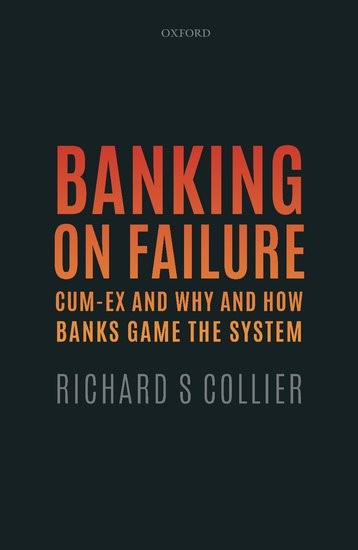
Banks seem all too often involved in cases of misconduct, particularly involving the exploitation of tax systems. Banking on Failure explains why and how banks "game the system", accounting for these misconduct cases and analysing the wider implications for financial markets and tax systems.
Banking on Failure: Cum-Ex and Why and How Banks Game the System explains why banks design and use structured products to exploit tax systems. It describes one of the biggest and most complex cases - the "cum-ex" scandal - in which hundreds of banks and funds from across the globe participated in the raid on the public exchequers of a number of countries, with losses in the tens of billions of euros. The book then draws on the significance of this case study, and what this tells us about modern banks and their interactions with tax systems. Banking on Failure demonstrates why the exploitation of tax systems by banks is an inevitable feature of the financial markets landscape, and suggests possible responses.